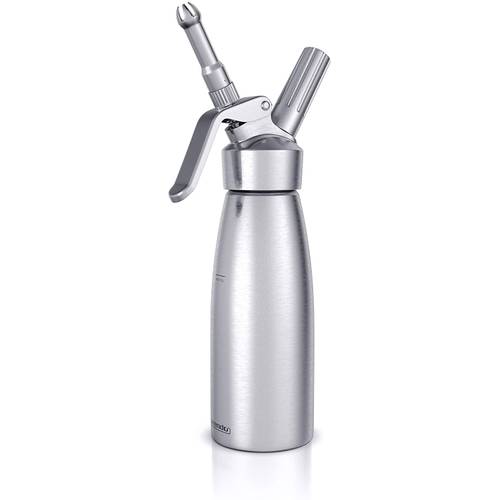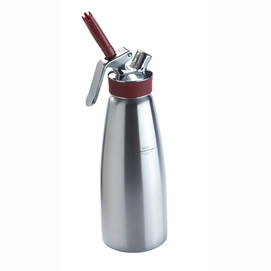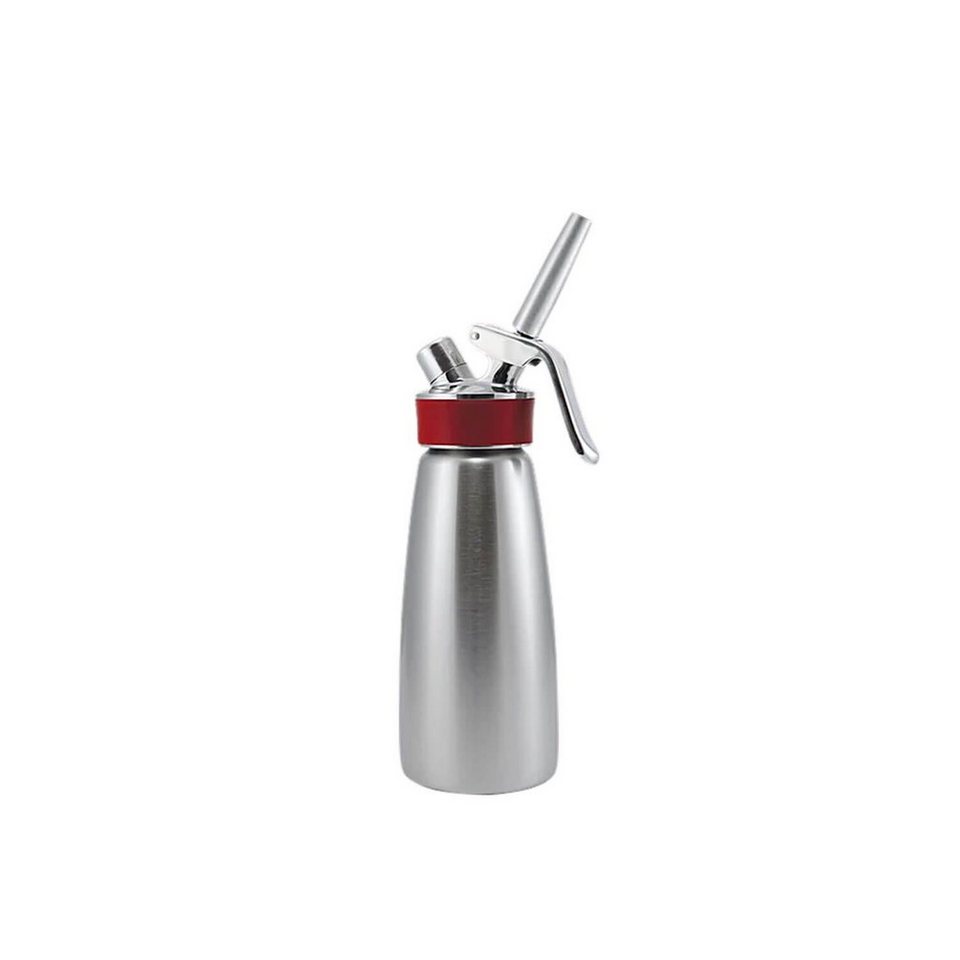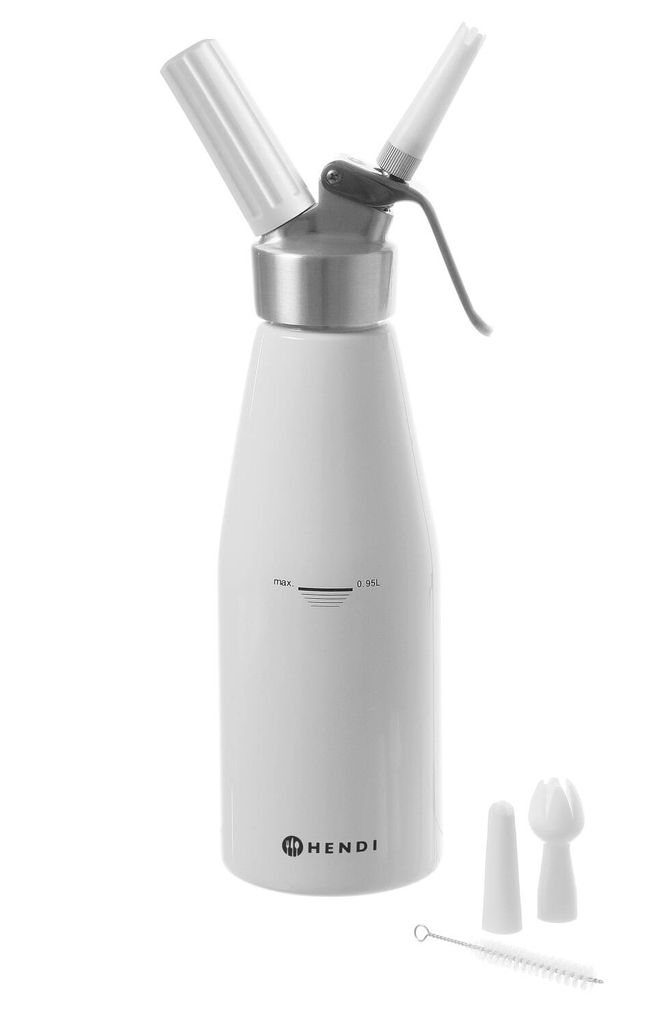
WMF TeaTime Sahne-/ Milchkännchen mit Deckel 280ml, Sahnespender, Cromargan Edelstahl poliert, spülmaschinengeeignet : Amazon.de: Küche, Haushalt & Wohnen

WMF Sahnespender Sahnekännchen Milchkännchen Honigspender in Nordrhein-Westfalen - Viersen | eBay Kleinanzeigen

Fortunesn Milchkännchen »Sahnespender Edelstahl sahnesyphon Sahnebereiter, für Schlagsahne, Cremes und Soßen, 500 ml, 6 Dekorations-Düsen, Verwendet Standard N20 Sahnekapseln (nicht enthalten)«





![Die 6 besten Sahnesyphons & Sahnespender [Test 2023] | DieKochstube Die 6 besten Sahnesyphons & Sahnespender [Test 2023] | DieKochstube](https://images-na.ssl-images-amazon.com/images/I/71MNps6SV8L._SL1500_.jpg)









